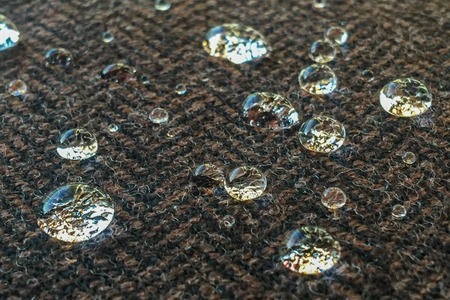
No fur in New York City?
YarnsandFibers News Bureau 2019-04-29 02:15:00 – United StatesA burgeoning movement to outlaw fur is seeking to make its biggest statement yet in the fashion mecca of New York City.
Lawmakers are pushing a measure that would ban the sale of all new fur products in the city where such garments were once common and style-setters including Marilyn Monroe, Jacqueline Kennedy Onassis, Joe Namath and Sean "Diddy" Combs have all rocked furs over the years.
A similar measure in the state Capitol in Albany would impose a statewide ban on the sale of any items made with farmed fur and ban the manufacture of products made from trapped fur.
Good vs. Bad
Whether this is good or bad depends on which side of the pelt you're on.
Members of the fur industry say such bans could put 1,100 people out of a job in the city alone.
Supporters dismiss that and emphasize that the wearing of fur is barbaric and inhumane.
"Cruelty should not be confused with economic development," said state Assembly woman Linda Rosenthal, a Democrat from Manhattan, who is sponsoring the state legislation.
Only the time will tell
The fate of the proposals could be decided in the coming months, though supporters acknowledge New York City's measure has a better chance of passage than the state legislation.
The fur trade is considered so important to New York's development that two beavers adorn the city's official seal, a reference to early Dutch and English settlers who traded in beaver pelts.
NYC largest fur market
At the height of the fur business in the last century, New York City manufactured 80% of the fur coats made in the U.S, according to FUR NYC, a group representing 130 retailers and manufacturers in the city.
The group says New York City remains the largest market for fur products in the country, with real fur still frequently used as trim on coats, jackets and other items.
If passed, New York would become the third major American city with such a ban, following San Francisco, where a ban takes effect this year, and Los Angeles, where a ban passed this year will take effect in 2021.
Other countries following the suit
Elsewhere, Sao Paulo, Brazil, began its ban on the import and sale of fur in 2015.
Fur farming was banned in the United Kingdom nearly 20 years ago, and last year London fashion week became the first major fashion event to go entirely fur-free.
Fur industry leaders warn that if the ban passes in New York, emboldened animal rights activists will want more.
Economic rationale
Supporters of the ban contend those employees could find jobs that don't involve animal fur, noting that an increasing number of fashion designers and retailers now refuse to sell animal fur and that synthetic substitutes are every bit as convincing as the real thing.
They also argue that fur retailers and manufacturers represent just a small fraction of an estimated 180,000 people who work in the city's fashion industry and that their skills can readily be transferred.
Courtesy: Economic Times
Market Intelligence
Ask for free sample Report

experience
Customer Base
dedicated team
Countries Served Worldwide









